Civil Rights In the US For Kids
Human rights, civil rights, and civil liberties are often confused.
Human rights belong to all people in the world no matter in which country they live and include the right to not be enslaved or tortured, and the right to follow their chosen religion.
The U.S. First Amendment right to free speech is a civil liberty.
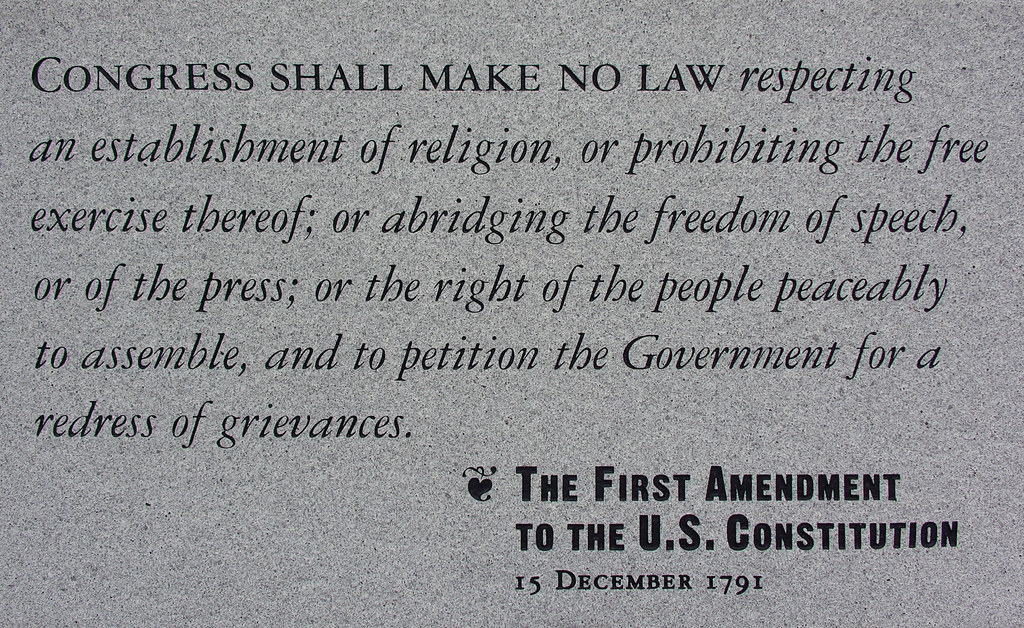
Civil Rights, however, are those freedoms that are guaranteed by law, and the U.S. Bill of Rights gives those rights to all citizens of the United States.
Related: US State history
Civil Rights
After the end of the American Civil War in 1865, slavery was abolished so that former slaves had the right to vote.
For many decades after, many southern states continued to make life difficult for Black Americans, whether they were a former slave or born free.
Black Americans were targeted for violence and segregation laws so much so that they were afraid to fight back against their white oppressors.
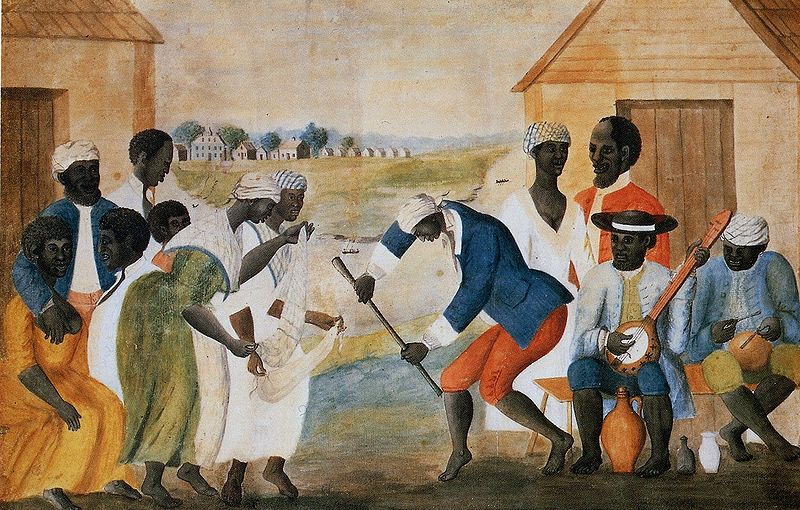
Segregation
Black citizens, especially in the southern states, could not mingle with white citizens.
They had to sit at the back of the bus, they had separate drinking fountains, they could not attend a white school or university, they could only attend a Black church, they could not look a white person in the eyes.
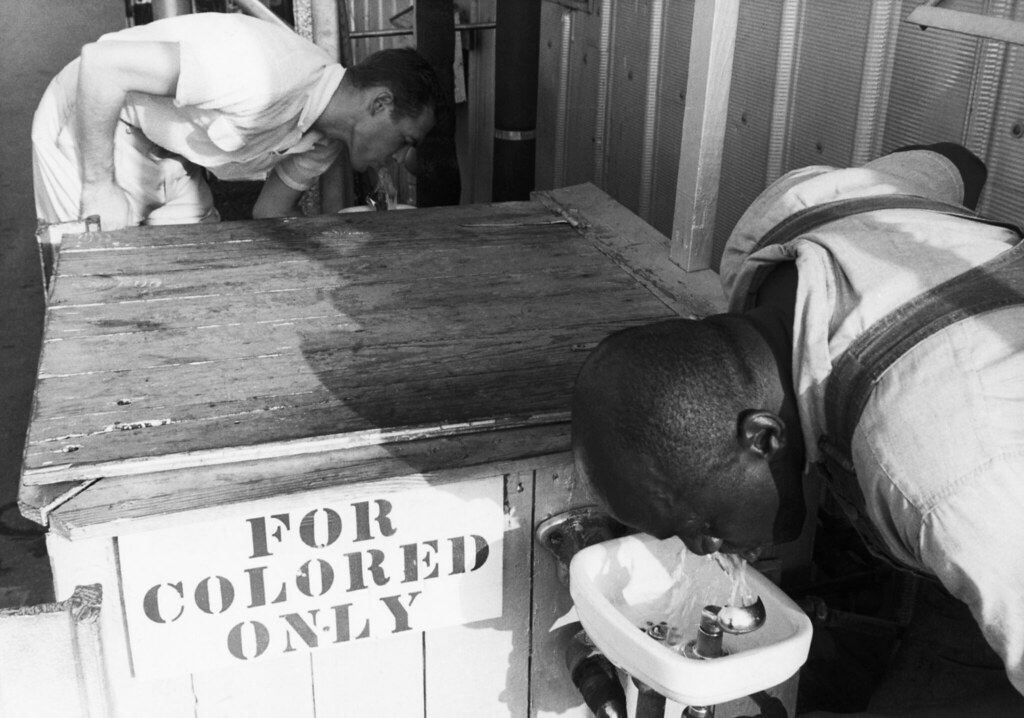
Black men could not speak, talk, or smile at a white woman….and the list goes on.
Unlawful requirements were inflicted on Black voters, such as a poll tax, literacy tests, grandfather clauses (if your grandfather or grandmother was a slave at one time, their descendants could not vote).
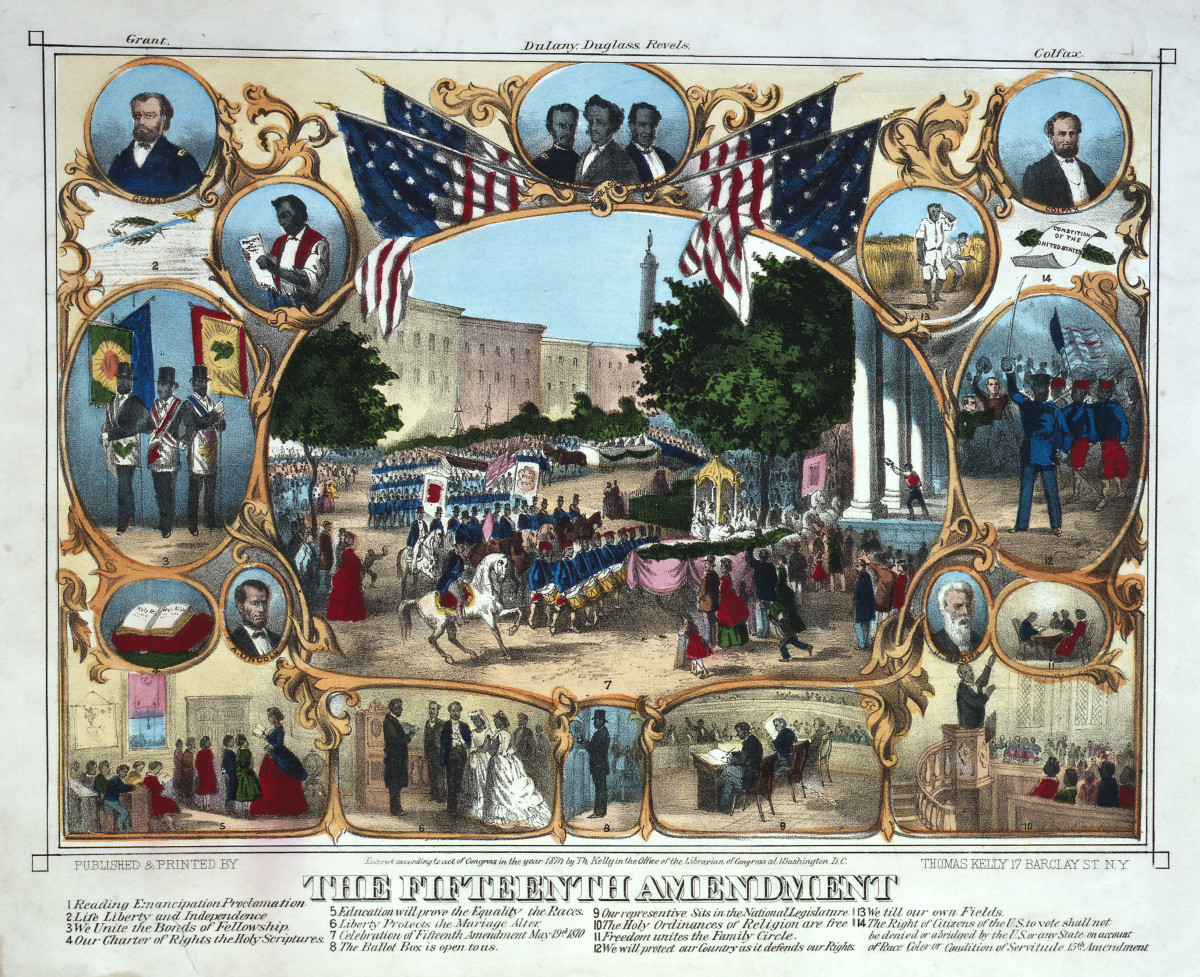
In the 1960s, black citizens started to rebel and look to strong Black leaders.
Black leaders, such as Martin Luther King Jr. and others, led peaceful marches in an attempt to have segregation and voting laws changed.
In June 1963, John F. Kennedy was forced to enact a civil rights bill that would end segregation and give Black Americans the right to vote in any election.
However, in November, President Kennedy was assassinated in Dallas, Texas that same year.

The Civil Rights Act of 1964
When Kennedy was assassinated, Lyndon Johnson became the President.
He presented the Civil Rights Act of 1964 to Congress.
Literacy tests and poll taxes were banned, segregation in public areas was outlawed, and Black students were allowed to attend any school they wanted.
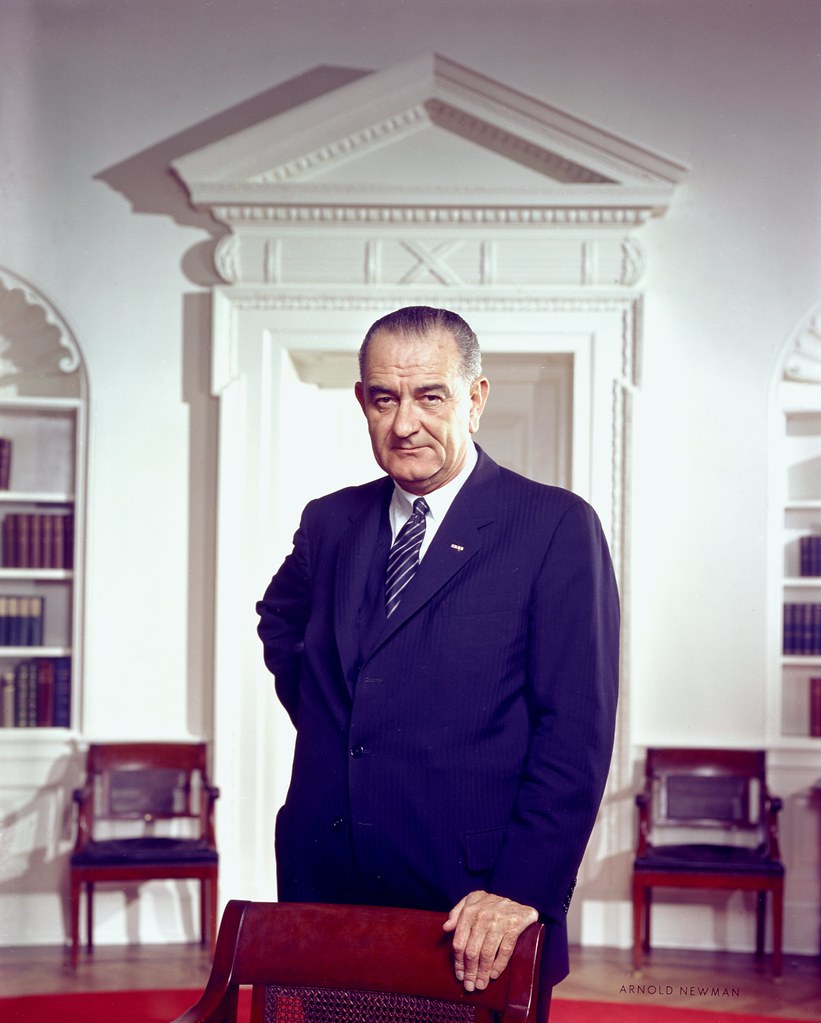
The Act banned discrimination against Black citizens to not allow them access to federal assistance programs. White restaurant and hotel owners could not turn a Black citizen away.
Blacks no longer had to sit at the back of the bus. White restaurant and hotel owners could no longer turn a Black citizen away.
Fair and equal treatment of all people, regardless of race, gender, age, disability, or sexual orientation was law and violators could and would be punished.
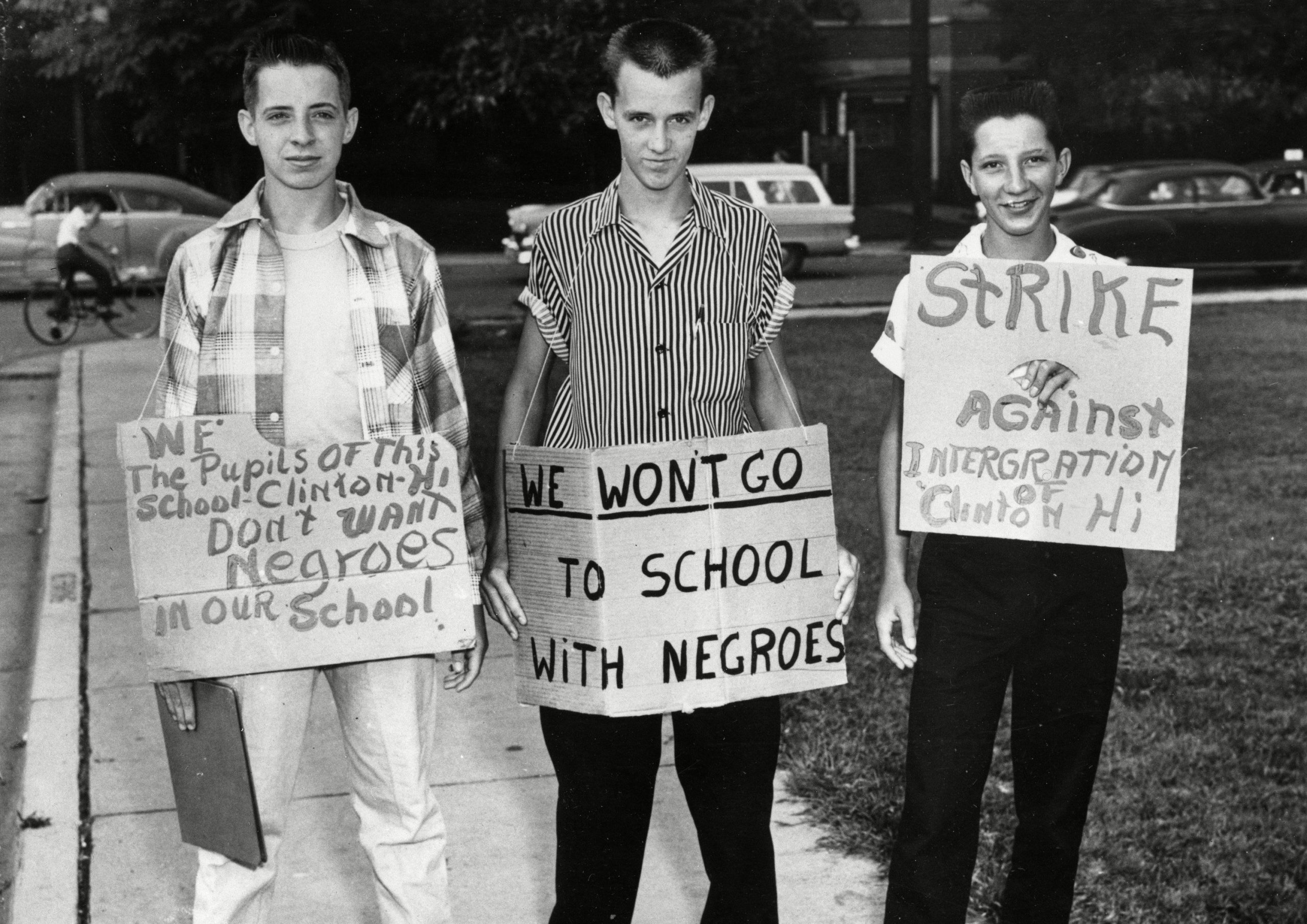
Trammell Stiles Sanders Three students at Clinton High School picket their school as it became the first state-supported school in Tennessee to integrate, . The boys are, from left, Buddy Trammell, Max Stiles and Tommy Sanders. Trammell and Sanders later discarded the pro-segregation signs and reported to classes
U.S. DESEGREGATION PROTEST, CLINTON, USA
Civil Rights Around the World
Every nation in the world discriminates against some minority groups either because the laws are lax or because the citizens have become accustomed to doing so.
These nations do this because there is no specific law against discrimination.
There is a Universal Declaration of Human Rights passed in 1948 by the United Nations which includes civil rights.
But, it is not legally binding and therefore, is not a standard adopted by the entire world.
The only time things change is when the citizens feel they are being treated unfairly and this is when a civil rights movement occurs.

Quiz Time!

QUESTIONS
What happened at the end of the American Civil War in 1865 to protect U.S. citizens?
What is the difference between Human Rights and Civil Rights?
Was the U.S. Bill of Rights obeyed by all U.S. citizens?
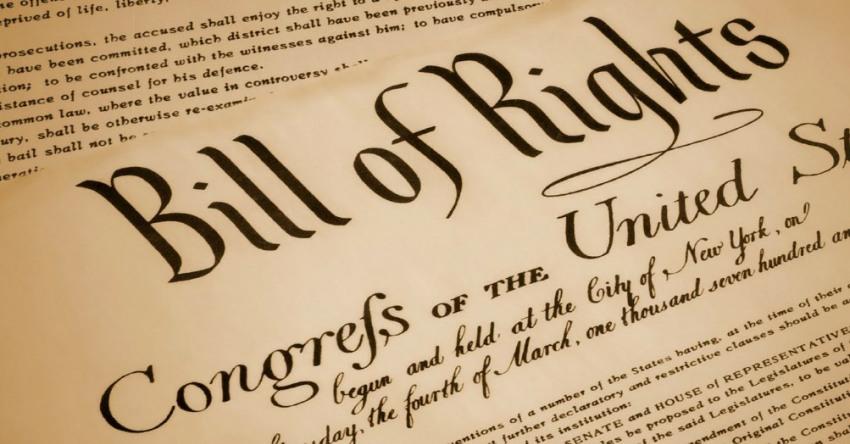
Why was the Civil Rights Act of 1964 presented to Congress?
What did the Civil Rights Act of 1964 guarantee U.S. citizens?

ANSWERS
In 1865 at the end of the American Civil War, slavery was abolished.
Human Rights belong to all human beings no matter where they reside and Civil Rights are rights given to a country’s citizens by law.
Even after the U.S. Bill of Rights was passed by Congress, many white people in the southern states ignored the rulings, and segregation and discrimination against Black citizens continued for decades.

During the 1960s, Black citizens began protesting segregation and the discrimination they were suffering at the hands of white people, especially in the southern states.
The Civil Rights Act of 1964 guaranteed that all U.S. citizens were to be treated equally and fairly regardless of race, gender, age, disability or sexual orientation and violators could and would be punished by law.

